Meem Sakinah Rules With Examples
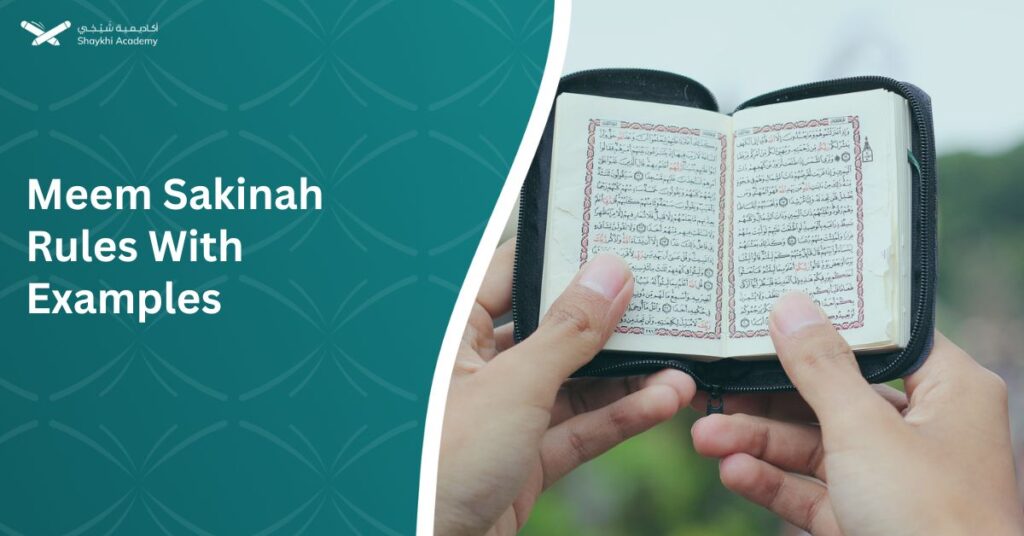
In Tajweed, Meem Sakinah, a vowelless Meem, follows three main rules: Izhar Shafawi for clear pronunciation except before Meem and Ba, Idgham Shafawi for merging with a following Meem, and Ikhfa Shafawi for light nasal concealment before Ba. Unlike Noon Sakinah and Tanween, which have extra rules like Iqlab and wider Ikhfa Haqiqi, Meem Sakinah’s […]
What Is Qalqalah In Tajweed? With Letters, Types, Examples And Levels
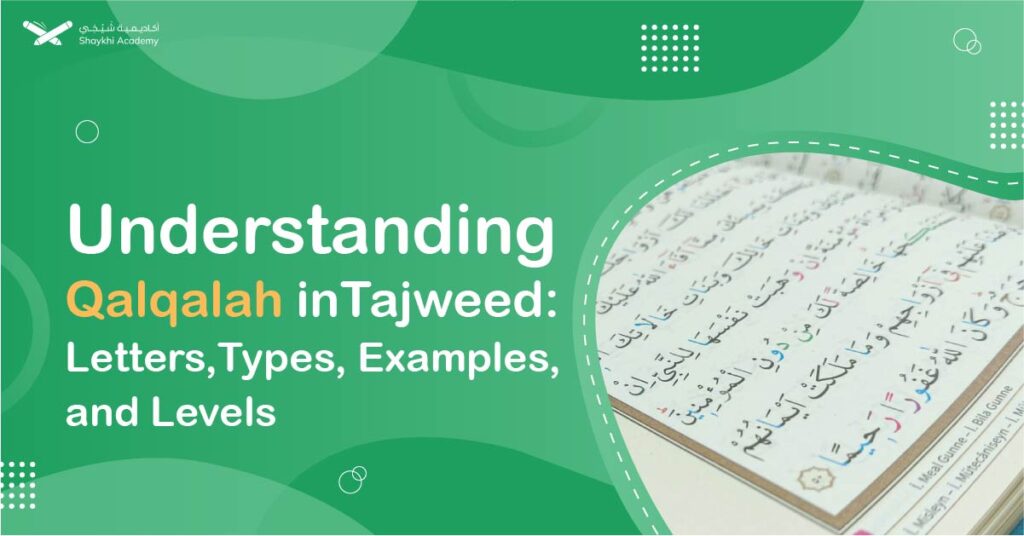
Qalqalah is a Tajweed rule in the Quran that creates an echoing sound when one of the five specific letters (ق, ط, ب, ج, د) has a sukoon or when pausing on these letters. The three types of Qalqalah are Kubra (strongest, at the end of a verse with Shaddah), Wusta (middle, at the end […]
What is Sukoon in Arabic, Tajweed, And Quran? Jazm AndAlifs With Sukoon Rules
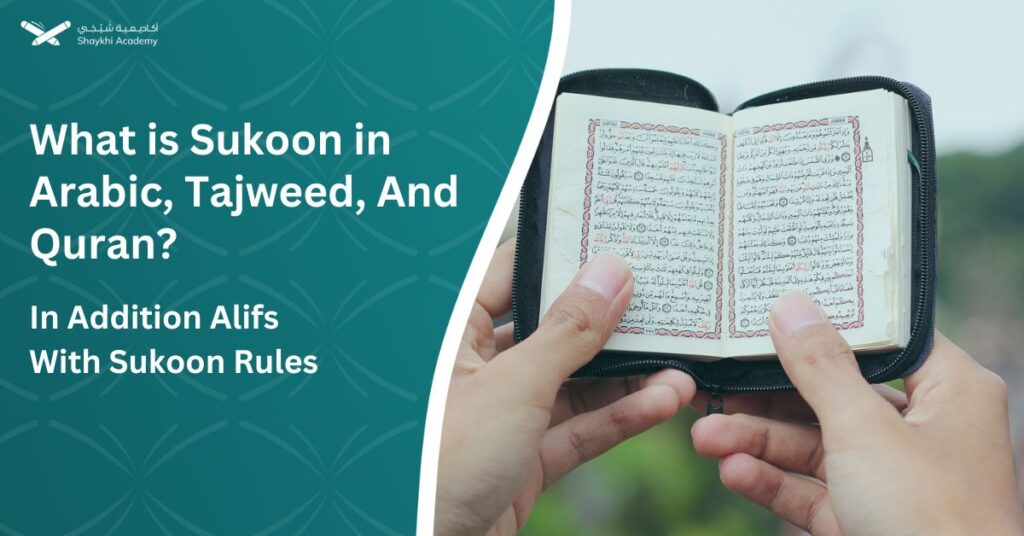
In Arabic grammar, Sukoon (ْ) denotes the absence of a vowel on a letter, aiding in pronunciation and grammatical clarity. It ensures precise articulation of words and supports correct sentence structure. In Tajweed, Sukoon holds a profound significance. It not only signifies a vowel-less state but also governs specific rules of Quranic recitation, such as […]
Quran Reading Rules, Manners, And Etiquettes
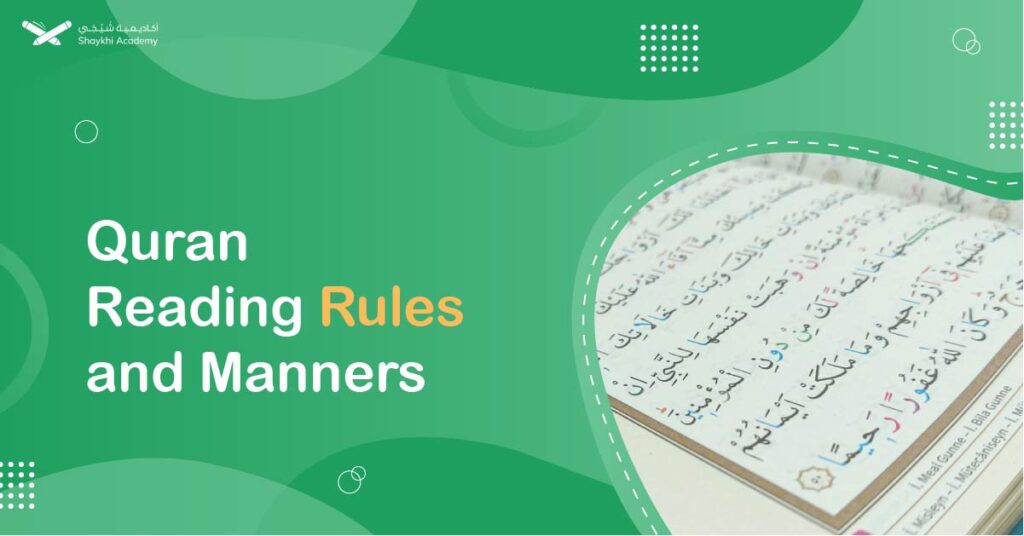
Quran Reading Rules: Reading the Holy Quran demands reverence and mindfulness. Begin with purity and intention, focusing on proper Tajweed and respecting Waqf and Ibtida marks for pauses. Dress modestly, create a serene environment, and start with the basmalah. Engage with the verses, seek improvement in recitation, and maintain undivided attention. This sacred practice blends […]
Tajweed stop signs: Waqf and Ibtida With Examples And Symbols
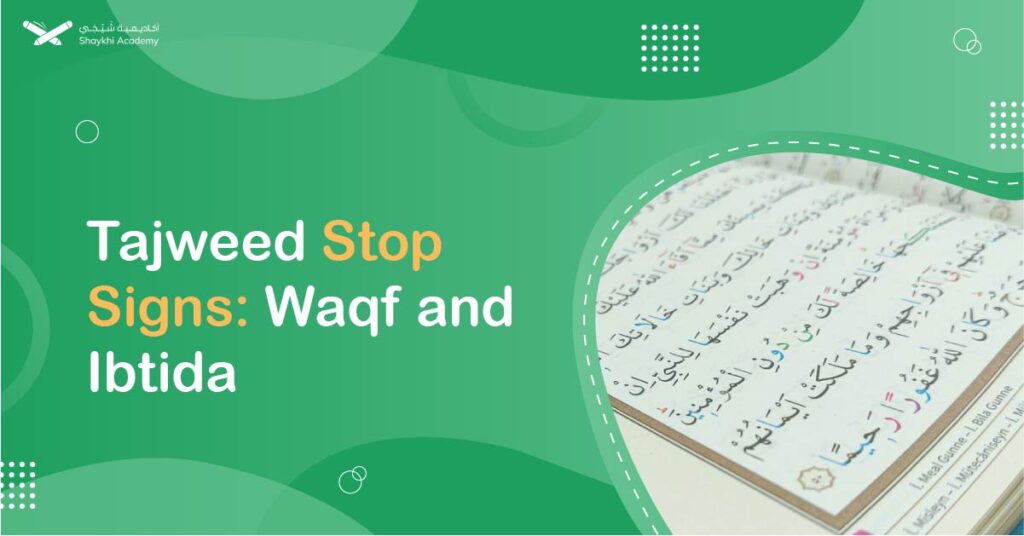
Tajweed, the art of Quranic recitation, orchestrates pauses (Waqf) and restarts (Ibtida) to preserve its beauty and message. Waqf marks moments for reflection—forced by sneezes or chosen for learning—while Ibtida resumes with clarity, avoiding distortions. Symbols like “م” and “ط” guide these pauses, enhancing the rhythmic flow and deepening understanding, ensuring each verse is honored […]
Learning Quran in Egypt: A Full Guide By An Egyptian Expert
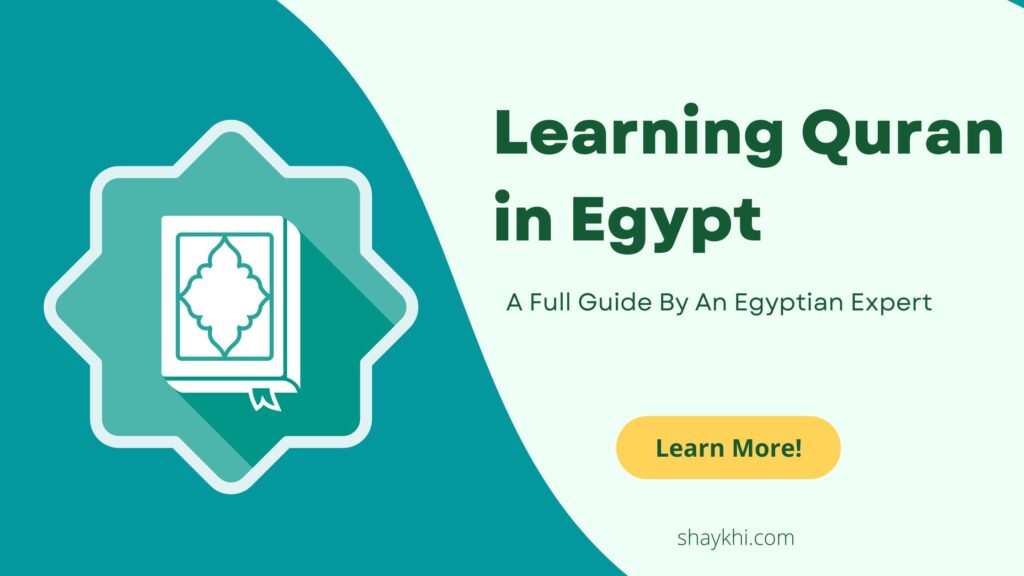
Egypt is one of the most prominent countries that has carried the banner of Islam for decades. It is the country of Al-Azhar, the great Islamic edifice which Muslims from all over the world seek to receive Islamic culture and learn the Holy Quran from. Learning Quran in Egypt Learning the Quran in Egypt is […]
Top 16 Quran Learning Apps And Software
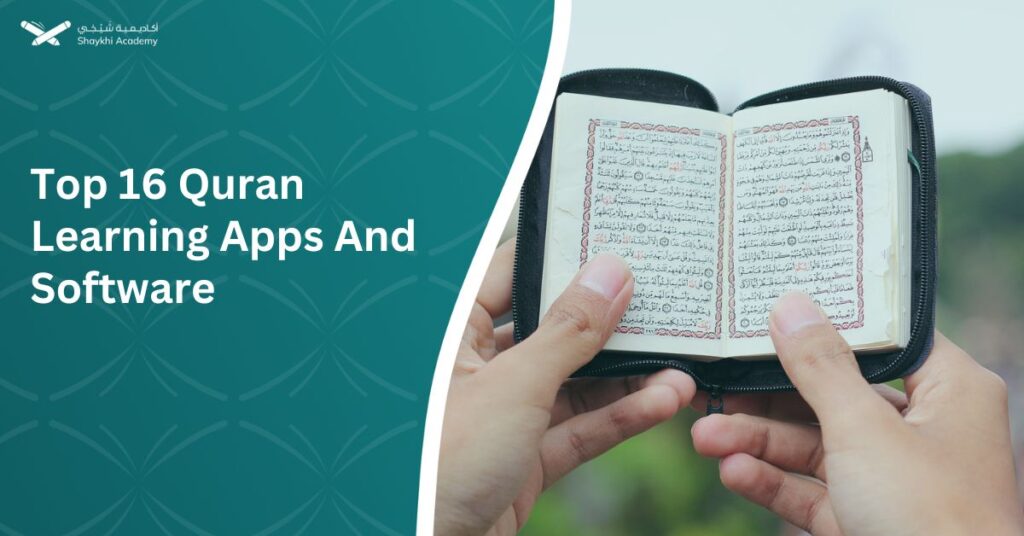
Quran learning software refers to digital programs or applications designed to help users learn, recite, understand, and memorize the Quran. These tools often cater to the needs of every Muslim seeking to learn the Quran at all levels, from beginners to advanced learners, and can be used on various devices like computers, smartphones, and tablets. […]
Can I Learn the Quran by Myself at Home?
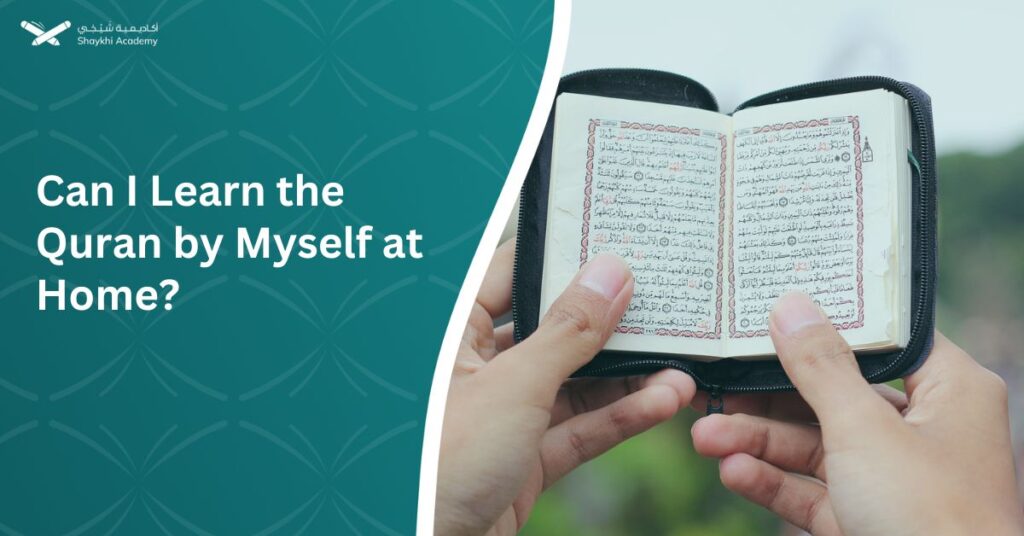
Learning the Holy Quran is a priority for every Muslim, so you always find Muslims wondering how to learn despite life circumstances that may be difficult for some. One of the most prominent questions that Muslims ask recently is: Can I learn the Holy Quran on my own? Can I learn the Quran by Myself? […]
Learn Arabic With And Through The Quran: Full Guide
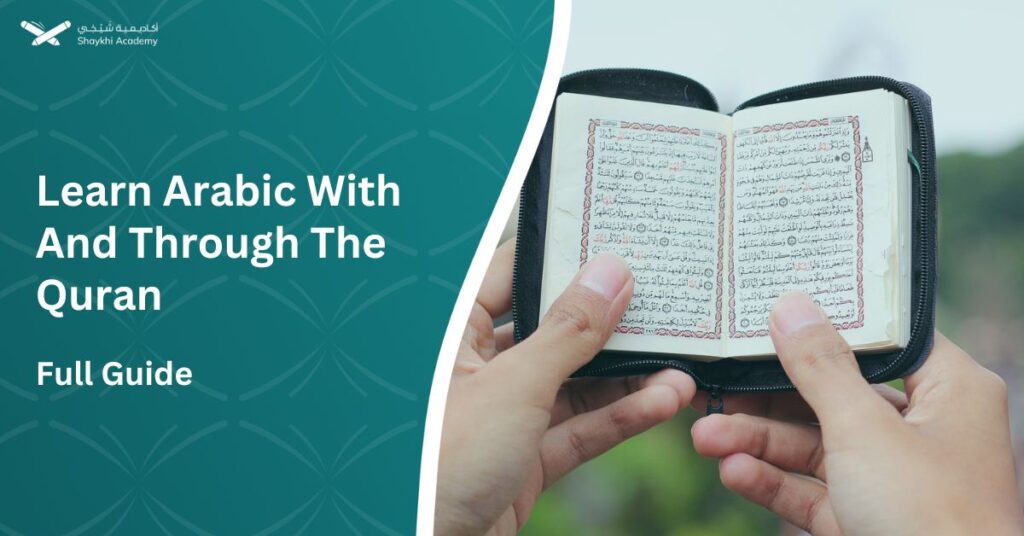
Learning Arabic through the Quran immerses you in the rich and intricate language of the divine message, offering a unique journey into Classical Arabic’s depth. As Muslims, the Quran forms the cornerstone of our faith. It is the guide and primary source of religion. But the beauty and accuracy of the Quran can only be […]
Is Arabic Worth Learning? A Muslim Answer
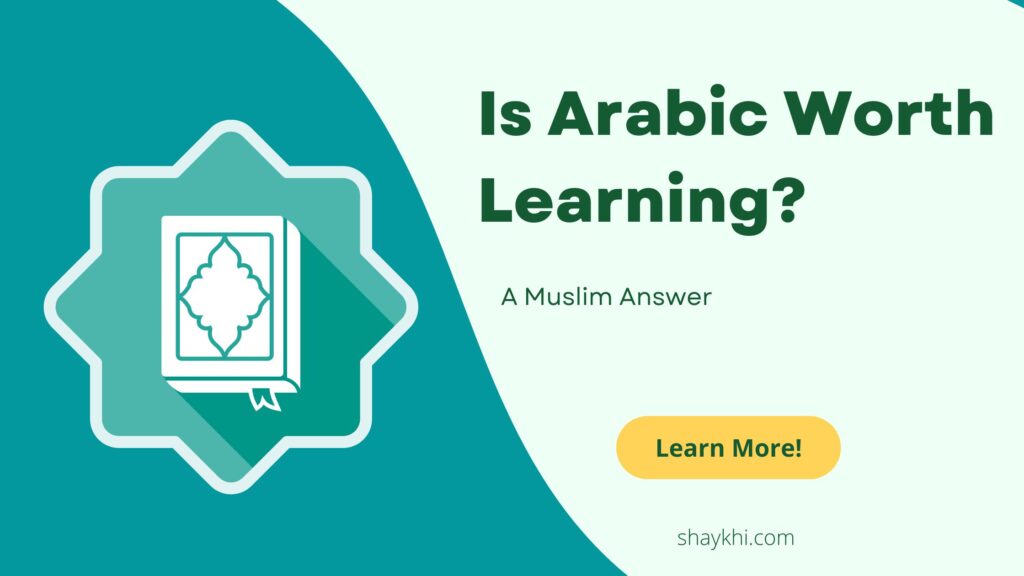
Arabic is a Semitic language that is spoken by over 400 million people as their first language, primarily in the Arab world, which includes countries in the Middle East and North Africa and it is also one of the six official languages of the United Nations. It is one of the most widely spoken languages […]
